Table Of Content
- Importance of Water Safety While Camping
- Camping Swimming Safety
- Boating Safety Tips
- Camping Hydration Tips
- Understanding Camping Swimming Safety
- Importance of Water Safety While Camping
- Essential Boating Safety Tips for Campers
- Camping Hydration Tips
- Essential Boating Safety Tips for Campers
- Wear Your Life Jacket
- Check the Weather Before Setting Sail
- Avoid Alcohol
- Stay Alert and Aware
- Learn Basic Navigation Rules
- Have Emergency Equipment On Board
- Top Guidelines for Safe Water Activities
- Stay informed about water safety regulations
- Always wear a life jacket
- Never swim alone
- Avoid alcohol when engaging in water activities
- Stay hydrated
- Follow boating safety guidelines
- Effective Ways to Ensure Hydration While Camping
- Bring a Reliable Water Bottle
- Set Reminders
- Infuse Your Water
- Create a Hydration Schedule
- Recognizing the Signs of Dehydration Outdoors
- The Sneaky Signs of Dehydration
- Hydration Tips to Keep You Safe
- Why Water Safety Matters
- Final Thoughts
- Frequently Asked Questions (FAQs)
Water safety is crucial to any camping trip, whether hiking by a serene lake or setting up a tent near a flowing river. As an experienced outdoor enthusiast, I know the importance of staying safe around water during your camping adventures. In this blog post, I’ll share essential camping water safety tips to ensure a fun and risk-free experience in the great outdoors.
When it comes to camping swimming safety, always remember to assess the water conditions before diving in. Be cautious of strong currents, underwater obstacles, or sudden drop-offs. Swim only in designated swimming areas; never leave children unattended near water. Wearing a proper-fitting life jacket is also a wise choice, especially for inexperienced swimmers.
Boating safety is equally essential during camping trips that involve water activities. Ensure safety equipment is on board, such as life jackets for every passenger, a whistle or horn for signaling, and a first aid kit. Respect the boating rules and regulations of the area, and avoid overcrowding the boat beyond its capacity.
Staying hydrated is vital to enjoying your camping experience, but it’s essential to do so safely. Always carry an adequate supply of clean drinking water and avoid drinking from natural sources unless adequately treated. Dehydration can sneak up on you, especially in hot weather or high altitudes, so make it a habit to drink water regularly throughout the day.
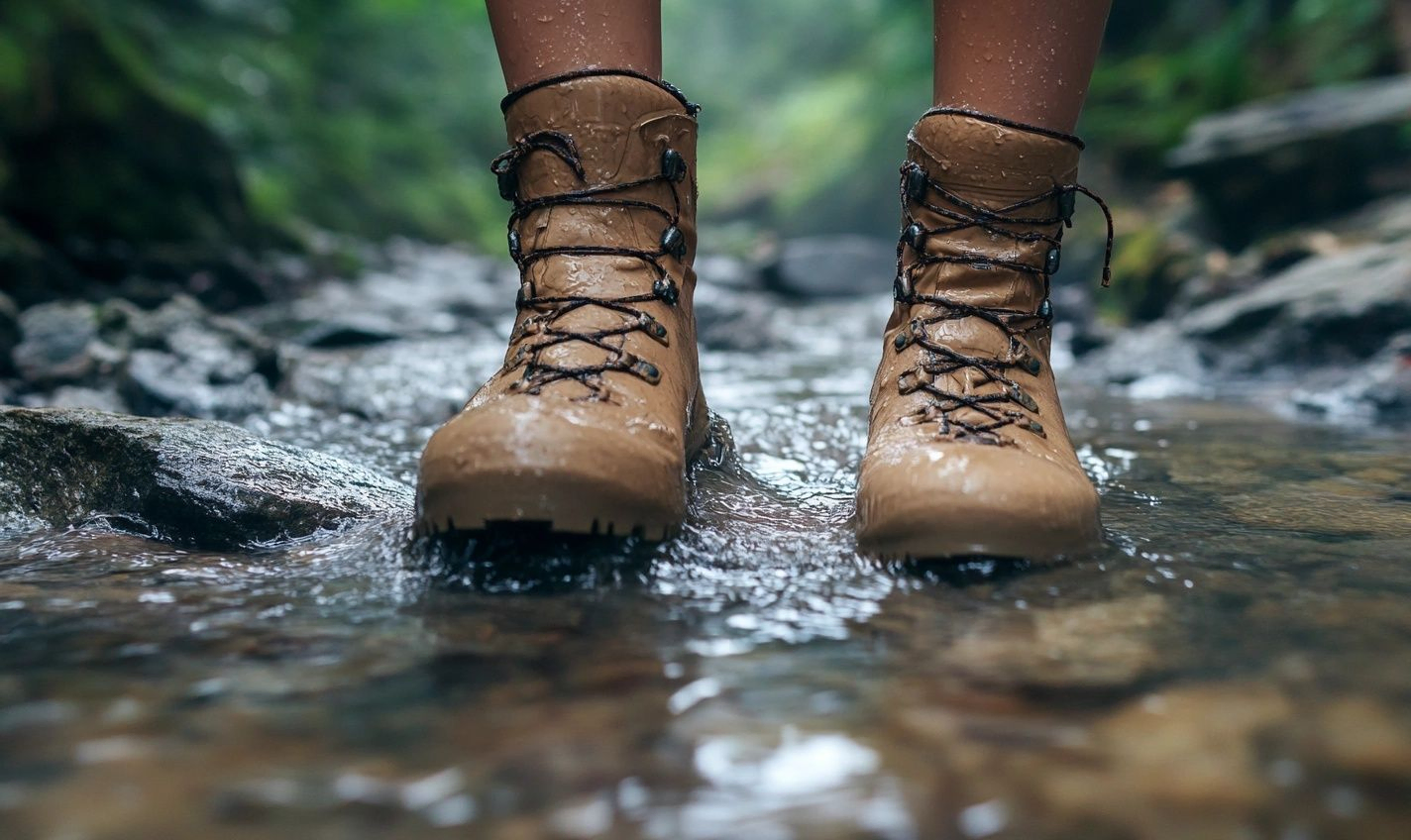
Importance of Water Safety While Camping
When you’re out in the great outdoors, surrounded by nature’s beauty, it’s easy to get caught up in the excitement of your adventures. But amidst all the fun, it’s crucial not to overlook the importance of water safety while camping. Water activities can be a refreshing way to cool off and have fun, but they also come with risks. Understanding how to stay safe around water is essential for a successful camping trip.
Camping Swimming Safety
Swimming in a natural body of water may seem idyllic, but it’s vital to approach it with caution. Follow these camping swimming safety tips to ensure a fun and safe experience:
- Continuously swim in designated swimming areas with lifeguards present.
- Never swim alone; buddy up to keep an eye on each other.
- Respect water depth and currents; they can be unpredictable.
Boating Safety Tips
Boating is a popular water activity among campers, offering a unique way to explore lakes and rivers. Prioritize boating safety with these essential tips:
- Wear a properly fitting life jacket at all times while on the water.
- Check weather conditions before heading out to avoid unexpected storms.
- Ensure someone on land knows your boating itinerary in case of emergencies.
Staying hydrated is another crucial aspect of water safety while camping. The combination of physical activity, sun exposure, and high temperatures can quickly lead to dehydration if you’re not careful.
Camping Hydration Tips
Here are some practical ways to ensure adequate camping hydration during your outdoor adventures:
- Drink water regularly throughout the day, even if you don’t feel thirsty.
- Carry a reusable water bottle and refill it whenever possible.
- Avoid excessive caffeine and alcohol consumption, as they can contribute to dehydration.
Recognizing the signs of dehydration is essential to your well-being while camping. Symptoms like dizziness, fatigue, and dark urine should be taken seriously, as they indicate a lack of proper hydration. Preparedness and vigilance are crucial to enjoying water activities safely while camping.
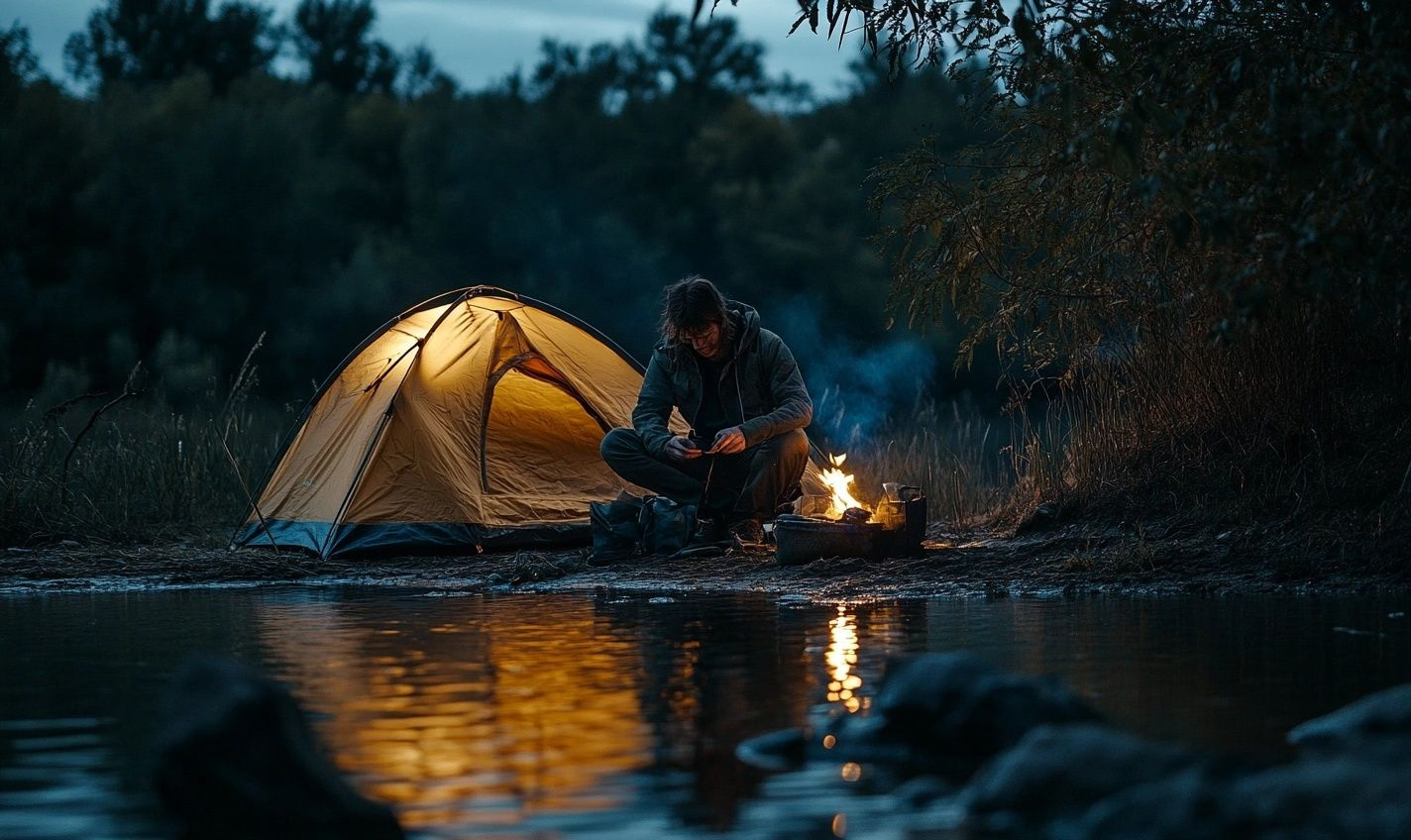
Understanding Camping Swimming Safety
Few things are more enticing when it comes to enjoying the great outdoors than taking a refreshing dip in a crystal-clear lake or cooling off in a picturesque river. However, water safety should always be a top priority while camping, especially when swimming.
Importance of Water Safety While Camping
Before jumping into that inviting body of water, it’s crucial to understand the importance of water safety while camping. Here are some key points to keep in mind:
- Continuously swim in designated swimming areas
- Never swim alone
- Keep a close eye on children near the water
Essential Boating Safety Tips for Campers
For those planning on enjoying some boating activities during their camping trip, it’s essential to follow these boating safety tips:
- Wear a life jacket at all times
- Check the weather forecast before heading out on the water
- Have a first aid kit and emergency supplies onboard
Camping Hydration Tips
While swimming and boating are exhilarating activities, they can also lead to dehydration if proper precautions aren’t taken. Here are some hydration tips to keep you feeling your best:
- Drink plenty of water throughout the day
- Avoid sugary drinks that can dehydrate you
- Carry a reusable water bottle with you at all times
Remember, staying safe around water is essential for your well-being and that of your fellow campers. By following water safety guidelines and staying hydrated, you can make the most of your camping experience while keeping yourself and others safe.
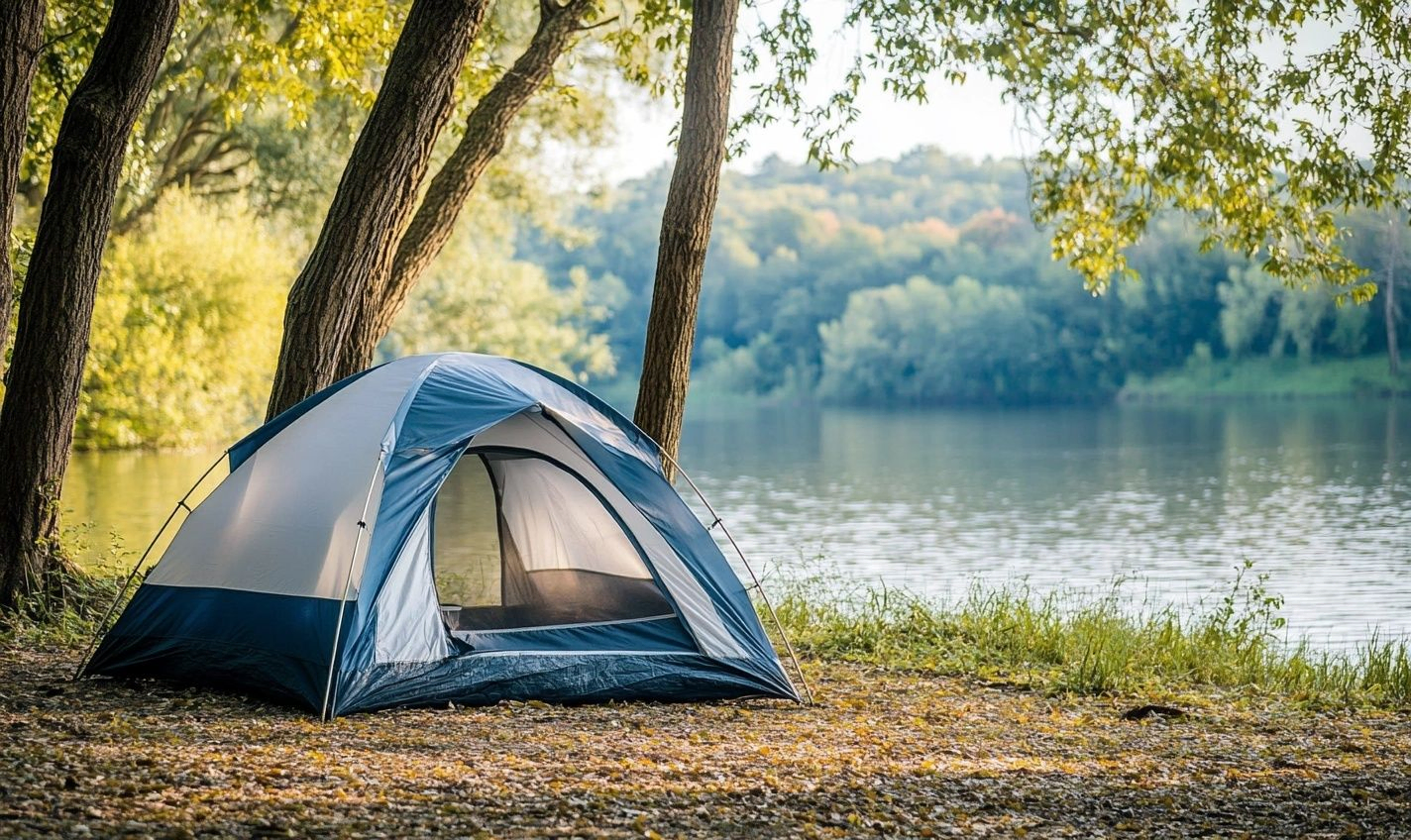
Essential Boating Safety Tips for Campers
As campers, we all love being out on the water, whether swimming in a crystal-clear lake or cruising on a boat in the sun. However, it’s crucial to remember that water safety isn’t just about fun; it’s about keeping ourselves and our friends safe. Here are some essential boating safety tips to ensure a memorable and safe experience:
Wear Your Life Jacket
Boating safety starts with wearing a life jacket. Just like a seatbelt in a car, a life jacket can save your life in case of an accident. Make sure everyone on board has a properly fitting life jacket.
Check the Weather Before Setting Sail
Boating in rough weather can be dangerous. Always check the weather forecast before heading out on the water. It’s better to postpone your trip than risk getting caught in a storm.
Avoid Alcohol
Alcohol and boating don’t mix. Just like drinking and driving, operating a boat under the influence can be fatal. Stay sober while boating to ensure your safety and the safety of others.
Stay Alert and Aware
When boating, always look for other boats, swimmers, or obstacles in the water. Be mindful of your surroundings and stay alert to avoid accidents.
Learn Basic Navigation Rules
Understanding the basic rules of navigation is crucial for safe boating. Know who has the right of way, how to navigate in different conditions, and what the other buoys and markers mean.
Have Emergency Equipment On Board
Before setting sail, ensure you have essential emergency equipment, such as a first aid kit, a whistle, a flashlight, and a fire extinguisher. Being prepared can make all the difference in an emergency.
Remember, boating safety is not something to take lightly. Following these essential tips can ensure a safe and enjoyable time on the water for yourself and your fellow campers.
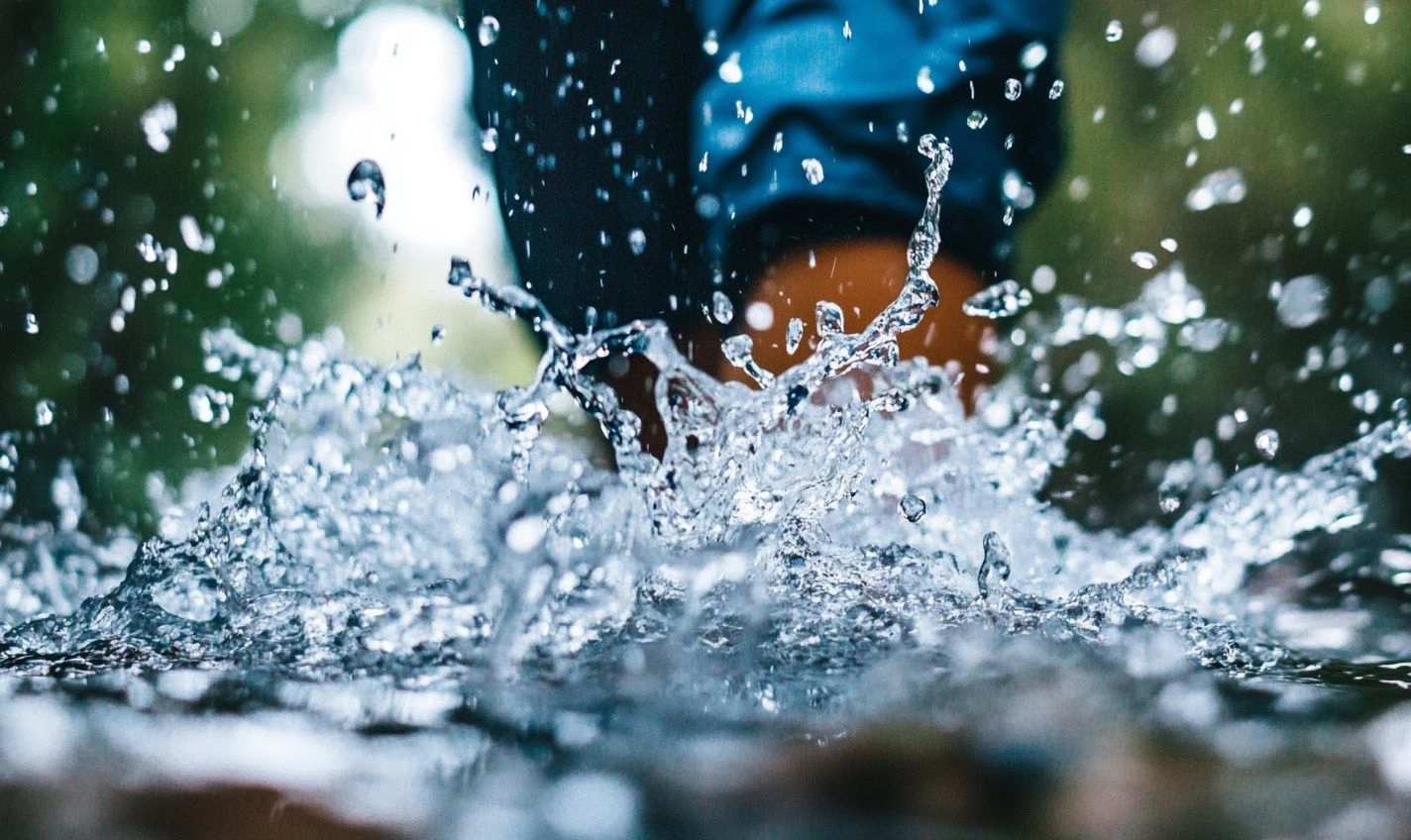
Top Guidelines for Safe Water Activities
When it comes to enjoying water activities while camping, safety should always be the top priority. Water is crucial to ensure a fun and incident-free outdoor adventure. Here are some essential guidelines to follow for safe water activities:
Stay informed about water safety regulations:
Before engaging in any water activities, please ensure you are aware of the rules and regulations in the area. Familiarize yourself with any water safety guidelines and follow them diligently.
Always wear a life jacket:
Wearing a life jacket is non-negotiable whether swimming, boating, or participating in any water sport. It can be a lifesaver in case of an emergency.
Never swim alone:
Always have a buddy system when swimming or engaging in water activities. Having someone with you can provide immediate assistance if needed.
Avoid alcohol when engaging in water activities:
Alcohol impairs judgment and coordination, increasing the risk of accidents in the water. Stay sober to ensure your safety and the safety of others.
Stay hydrated:
Hydration plays a crucial role in water safety. To prevent dehydration, drink plenty of water before, during, and after water activities.
Follow boating safety guidelines:
If you are boating, ensure you are well-versed in boating safety tips. This includes knowing how to operate the boat, understanding navigational markers, and respecting other boaters.
Remember, water activities can be thrilling and refreshing but have inherent risks. Following these guidelines, you can enjoy your time in the water while staying safe and prepared for any situation.
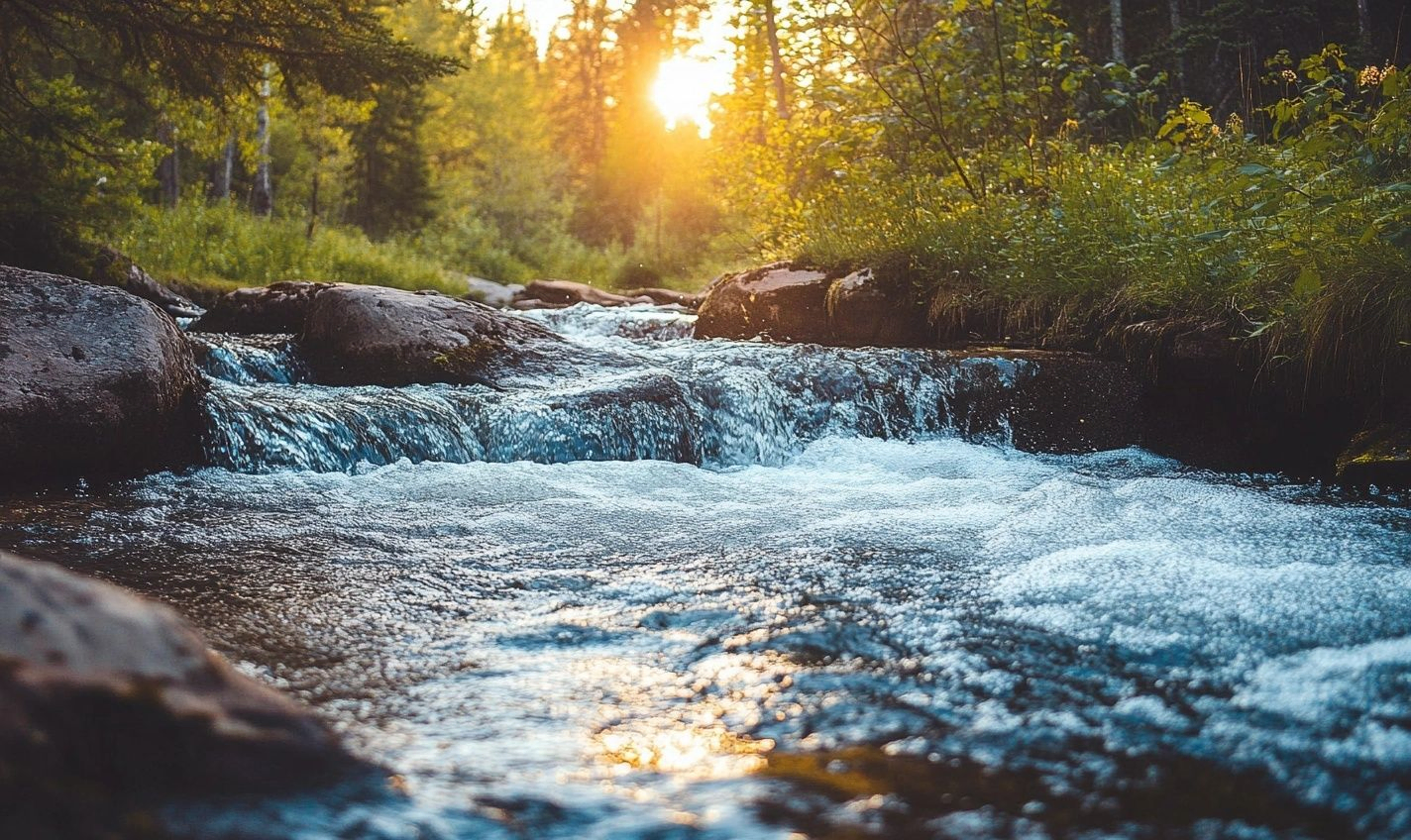
Effective Ways to Ensure Hydration While Camping
Staying hydrated is crucial for a successful camping trip. The great outdoors can be demanding, especially under the blazing sun. But fear not—here are some practical ways to stay well-hydrated while enjoying your outdoor adventure!
Bring a Reliable Water Bottle
Invest in a sturdy, reusable water bottle that you can easily refill throughout the day. Opt for a bottle that keeps your water cool for longer to enjoy a refreshing sip whenever you need it.
Set Reminders
With all the exciting activities camping offers, getting caught up and forgetting to drink water is easy. Set reminders on your phone or watch to ensure you’re sipping water regularly.
Infuse Your Water
If you find plain water boring, add some flavor with fruits like lemon, berries, or cucumber. Not only does it enhance the taste, but it also encourages you to drink more.
Create a Hydration Schedule
Establish specific times during the day to drink water, such as before meals or after physical activities. Having a schedule keeps you accountable and ensures you’re consistently hydrated.
And remember, dehydration can sneak up on you, so always have water within reach to avoid potential risks.
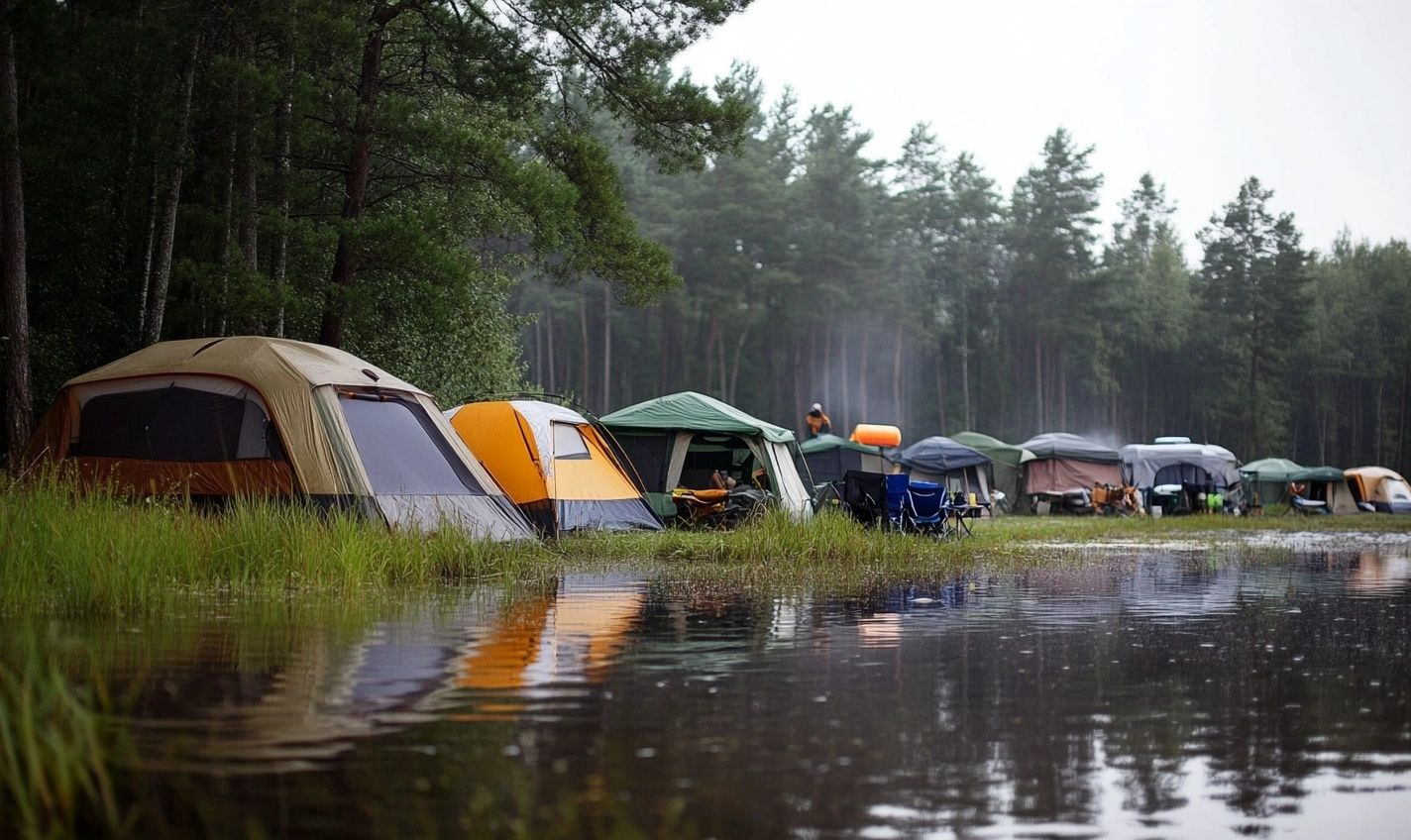
Recognizing the Signs of Dehydration Outdoors
Picture this: you’re out in the great outdoors, surrounded by nature’s beauty, feeling the warm sun on your skin. But wait, are you paying enough attention to your body’s signals? Dehydration can sneak up on you, especially when you have too much fun camping, swimming, and boating. Let’s dive into recognizing the signs of dehydration so you can stay safe and enjoy your outdoor adventures.
The Sneaky Signs of Dehydration:
1. Dry Mouth: Your body is like a plant that needs water to thrive, and a dry mouth is your body’s way of saying, “I’m thirsty!”
2. Fatigue: Are you feeling more tired than usual? Dehydration can zap your energy levels, making simple tasks feel like uphill battles.
Hydration Tips to Keep You Safe:
1. Drink Up: No, we don’t mean soda or coffee. Water is your best friend when it comes to staying hydrated outdoors. Keep a reusable bottle handy!
2. Frequent Sips: Drink water frequently, not only when you’re parched. Take small sips throughout the day to prevent dehydration.
3. Watch Your Pee: Yes, you read that right! The color of your urine can tell you a lot about your hydration levels. Aim for transparent or light yellow.
Why Water Safety Matters:
When camping, swimming, or boating, water safety isn’t just a rule—it’s a lifeline. As a compass guides you through the wilderness, water safety can help you find fun and adventure while keeping you safe and sound.
Final Thoughts:
So, pay attention to your body’s hydration needs next time you’re out in the wild. Remember, staying hydrated isn’t just about drinking water – it’s about respecting your body, listening to its cues, and keeping the outdoor fun flowing!
Conclusion
Water safety during camping trips is crucial to a fun, incident-free outdoor experience. Following the essential camping water safety tips discussed in this guide can protect yourself and your loved ones from potential risks and emergencies.
Always supervise children when near water, wear life jackets when boating, and never swim alone. Additionally, stay hydrated by drinking plenty of water throughout the day and being aware of the signs of dehydration.
By being prepared and informed, you can enjoy all the benefits of water activities while minimizing risks. Prioritize safety, follow the guidelines, and have a fantastic camping trip with memorable moments and adventures!
Stay safe, stay hydrated, and have a great time exploring the great outdoors. Your well-being is the top priority, so implement these water safety tips on your next camping excursion. Happy camping!
Frequently Asked Questions (FAQs)
Q: Why is water safety important during camping?
A: Water safety is crucial during camping to prevent drowning accidents and ensure a safe and enjoyable outdoor experience.
Q: What are some tips for swimming safely while camping?
A: Always swim in designated areas, never swim alone, and supervise children closely while swimming.
Q: How can I ensure boating safety while camping?
A: Wear a life jacket, follow boating regulations, and have safety equipment on board, such as a whistle and a first aid kit.
Q: What are some camping hydration tips?
A: Drink plenty of water throughout the day, carry a reusable water bottle, and consider electrolyte drinks in hot weather.
Q: How can I stay safe from wildlife while camping near water sources?
A: Store food properly, avoid feeding wildlife, and make noise to alert animals of your presence.

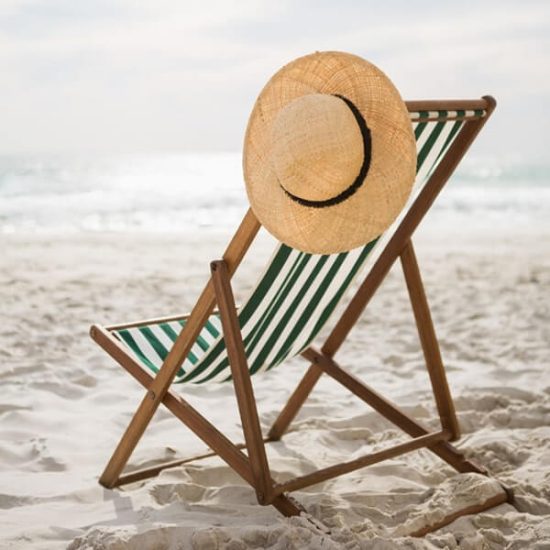
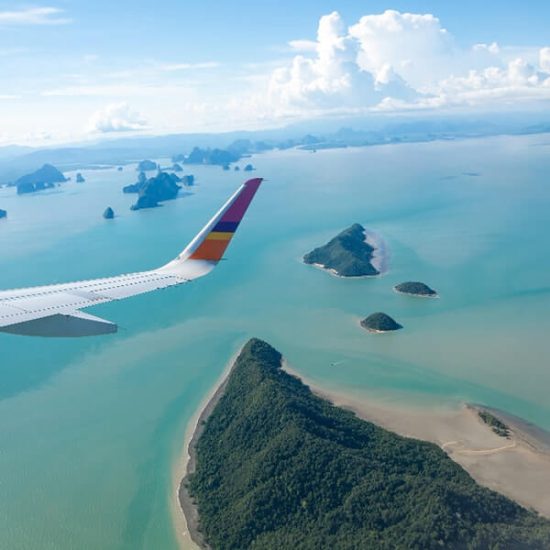
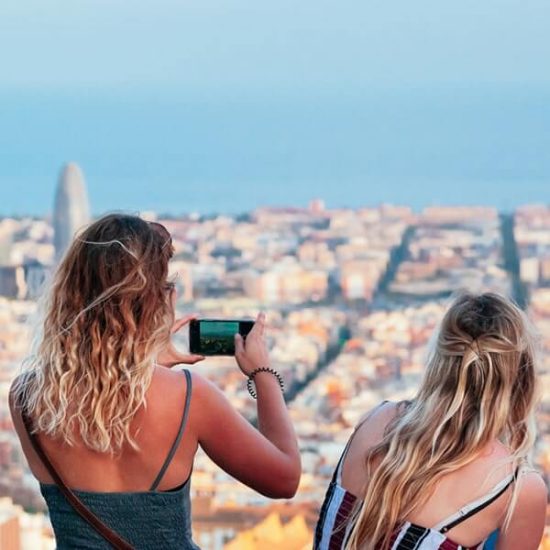
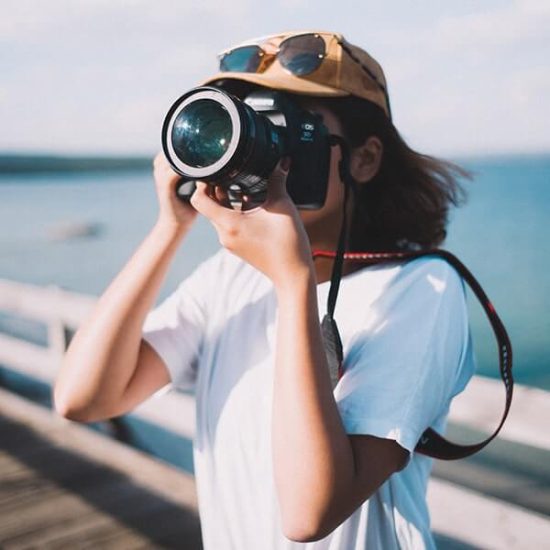
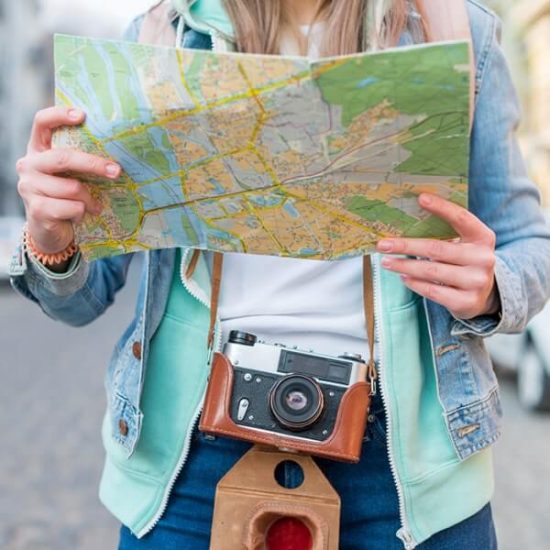
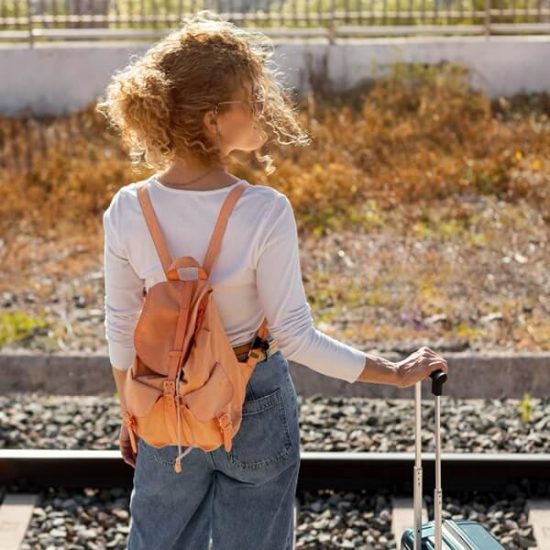
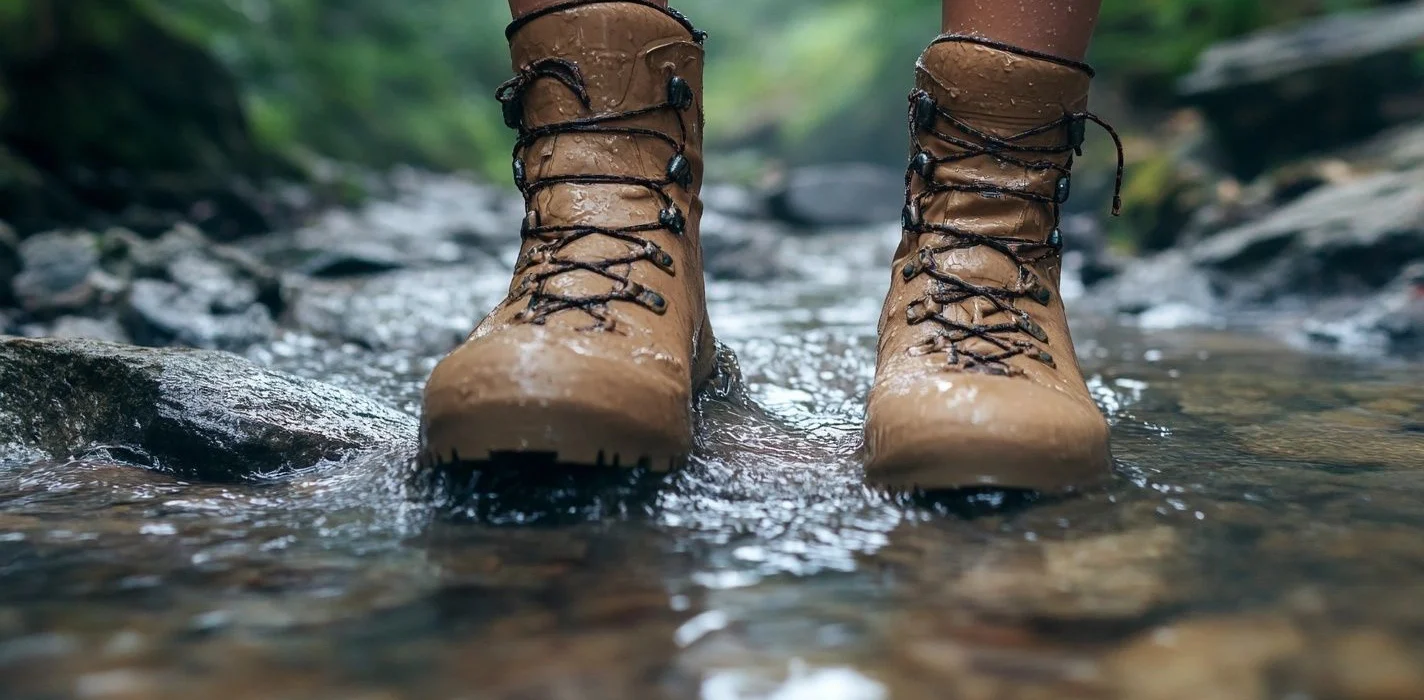
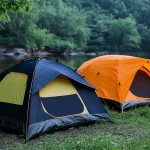

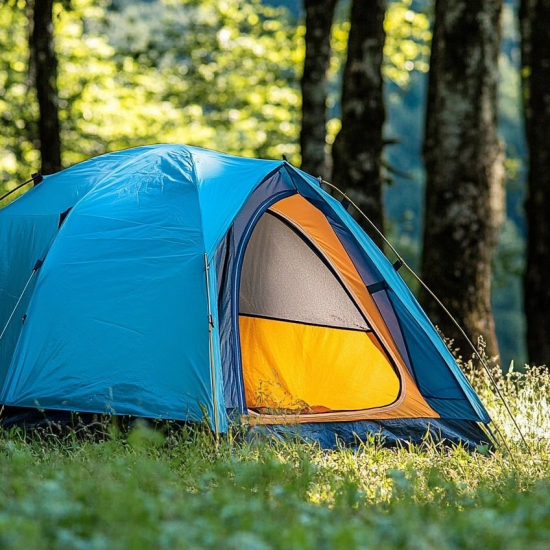
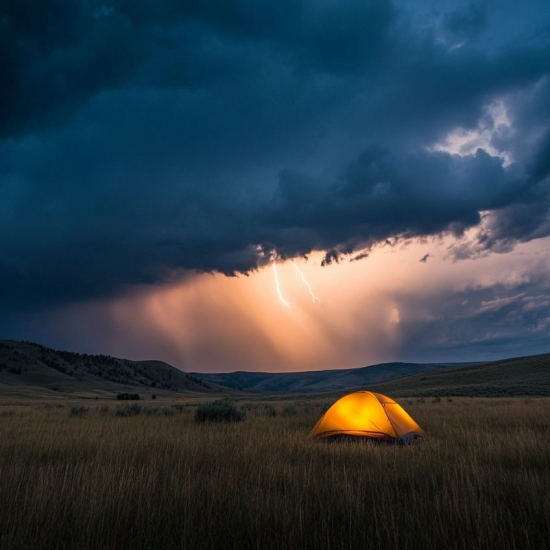
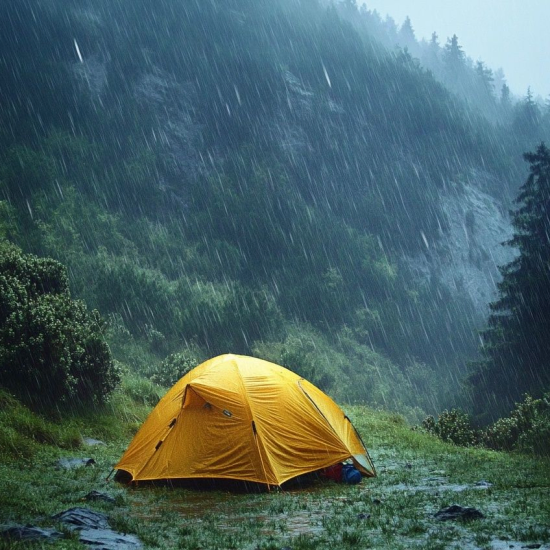
No Comment! Be the first one.